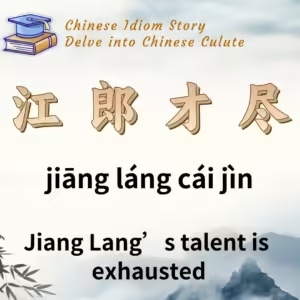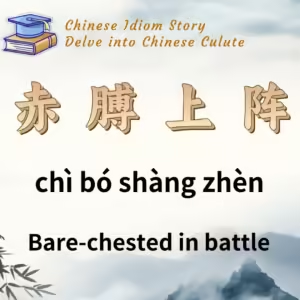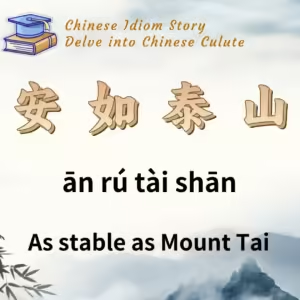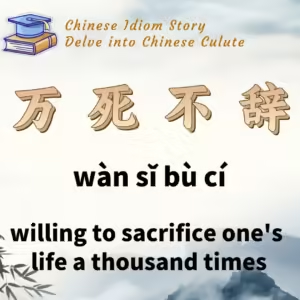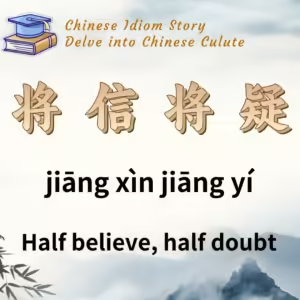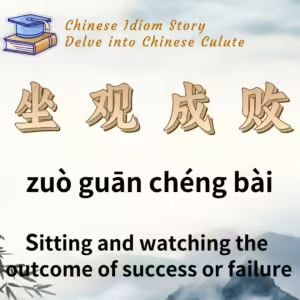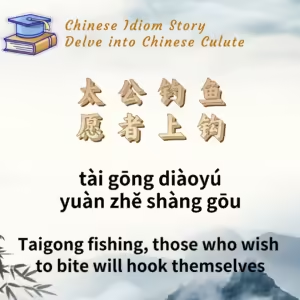
Chinese Idiom: 太公钓鱼,愿者上钩 (ai Gong Diao Yu, Yuan Zhe Shang Gou)
English Translation: Taigong fishing, those who wish to bite will hook themselves
pīn yīn: tài gōng diàoyú, yuàn zhě shàng gōu
Idiom Meaning: This idiom means that one should allow those who are willing or interested to volunteer or come forward. It implies that just as Taigong (Jiang Ziya) fished with a bare hook, anyone who is truly willing will naturally come forward, without the need for coercion or persuasion.
Historical Source: The idiom originates from the historical account in 武王伐纣平话 (Wuwang Faze Pinghua or the Story of King Wu’s Campaign Against King Zhou), which details events from the late Shang Dynasty and the early Zhou Dynasty.
Idiom Story:
During the 11th century BCE, Jiang Ziya, also known as Taigong (the Grand Duke), was an elderly man of eighty who had previously served as a high official under the tyrannical Shang King Zhou. Disillusioned with the king’s rule, he retired from office and moved to the banks of the Wei River, intending to seek refuge with the Duke of Western Qi (later known as King Wen of Zhou). Instead of immediately seeking to join the Duke, Jiang Ziya chose to fish by the river, using a unique method: he used a bare hook with no bait and fished from a height three feet above the water, declaring, “Only those who are fated to be caught will bite.”
At that time, the Duke of Western Qi was searching for wise and capable individuals to assist him in his quest to overthrow the corrupt Shang dynasty and bring about justice. One day, the Duke, hearing an unusual and profound song near the river, discovered that it was composed by Jiang Ziya. Recognizing the potential wisdom of the author, the Duke sought out Jiang Ziya.
When the Duke approached Jiang Ziya, the sage, who was fishing undisturbed, dismissed the Duke’s initial approach, suggesting that he was merely an old fisherman and not worthy of royal attention. However, the Duke, realizing that Jiang Ziya’s behavior might reflect his assessment of the Duke’s sincerity, decided to show his genuine intent. After three days of fasting and meditation, he returned to Jiang Ziya’s fishing spot, demonstrating his earnest desire to seek the sage’s counsel.
Impressed by the Duke’s persistence and sincerity, Jiang Ziya agreed to assist him. He became a key advisor, helping the Duke (who became King Wen and later King Wu) to defeat the Shang dynasty and establish the Zhou Dynasty.
Thus, the phrase “太公钓鱼,愿者上钩” was coined to convey the idea that, like Jiang Ziya’s fishing method, those who are truly motivated or deserving will naturally come forward without needing to be forced or persuaded.

